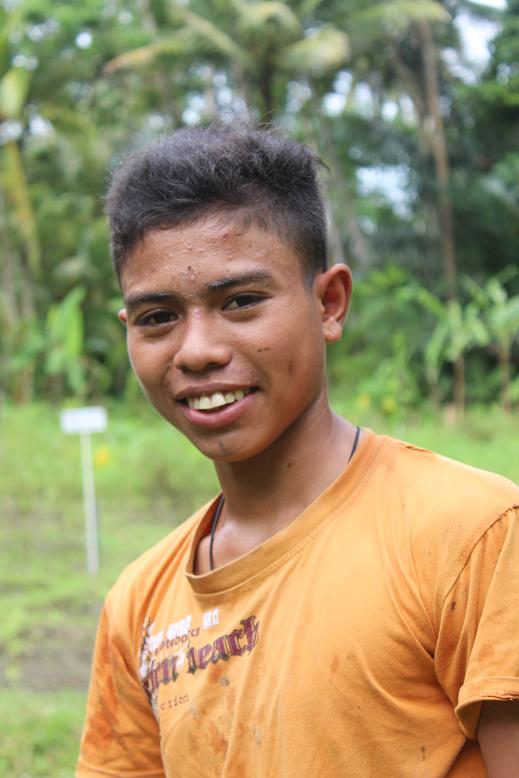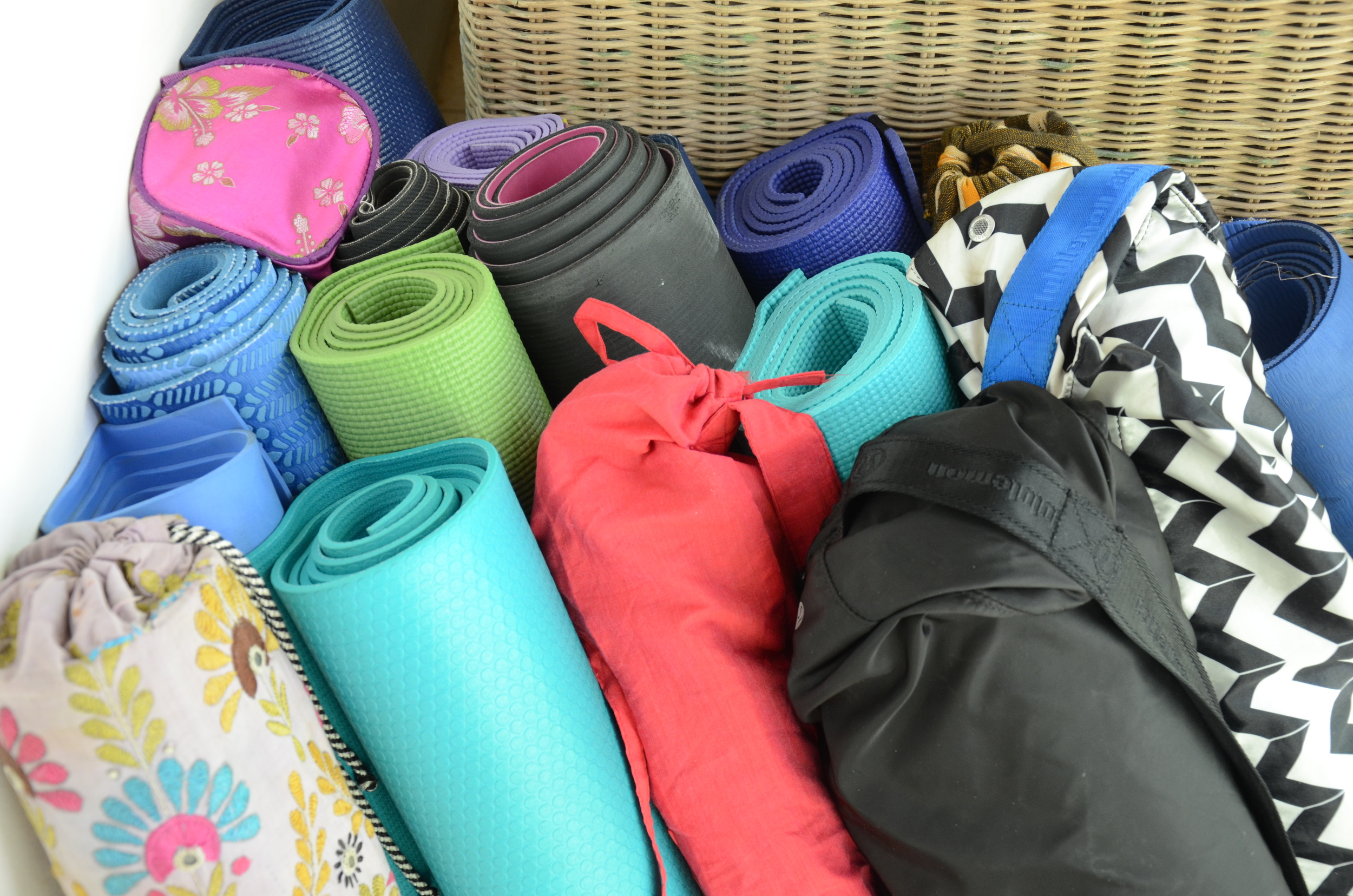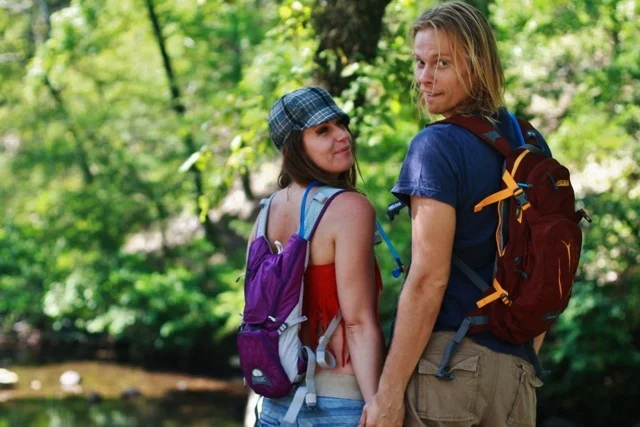Homemade deodorant from coconut oil
/Luckily, you don´t have to rely on commercial deodorants and risk as serious damage to your health. There’s an amazingly effective deodorant that uses just a few natural ingredients and can easily be made in your own home. The main ingredient in this natural alternative is our virgin coconut oil, organically certified and made with love here at Jiwa Damai.This deodorant has a pleasurable scent, moisturizes the skin, and those who use it swear by it. Recipe Ingredients: 6-8 Tbsp Coconut oil (solid state) 1/4 cup baking soda 1/4 cup arrowroot powder or cornstarch (arrowroot is preferred) Directions: 1. Combine equal portions of baking soda & arrowroot powder/cornstarch. 2. Slowly add coconut oil and work it in with a spoon or hand blender until it forms a firm but pliable texture. It should be about the same texture as commercial deodorant, solid but able to be applied easily. If it too wet, add more arrowroot powder/cornstarch to thicken. 3. You can either scoop the mixture into your old deodorant dispenser or place in a small container with an airtight lid and apply by hand. Makes about 1 cup. This recipe lasts about 3 months for two people with regular daily use. About the Ingredients Baking soda absorbs odors, cornstarch absorbs wetness and coconut oil is an anti-oxidant and a moisturizer with anti-fungal/anti-bacterial properties. You can also add essential oils such as tea tree oil for its antibacterial, anti-fungal and antiseptic qualities.
Source: http://www.passionatehomemaking.com















